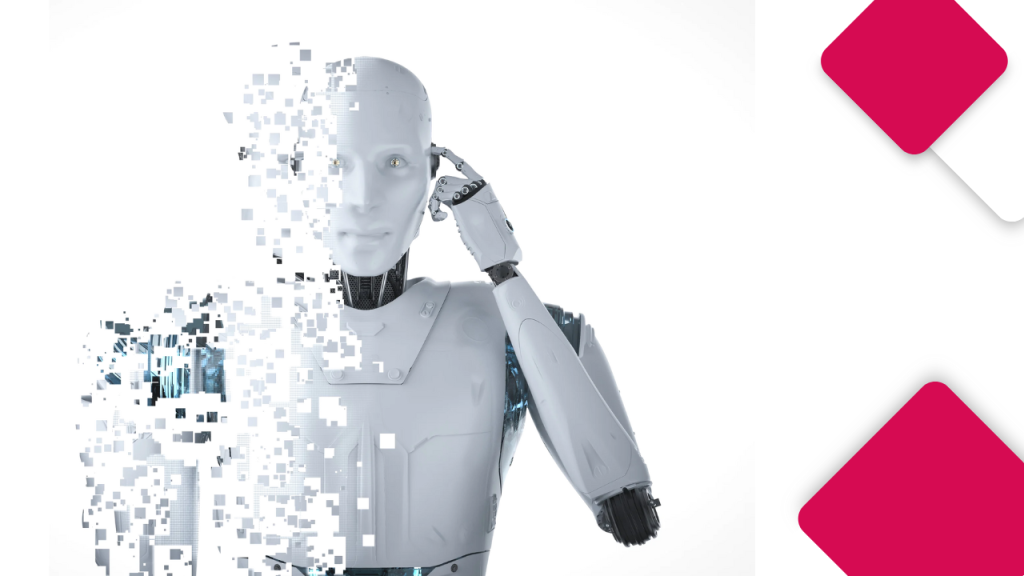The rise of artificial intelligence (AI) and automation has been transforming the way we live and work. The future of work is changing rapidly, and it’s important for employees to understand how AI will impact their careers. While some are excited about the new opportunities that AI presents, others are wary of its potential to displace human workers.
The potential benefits of AI in the workplace are vast. AI can automate repetitive and low-level tasks, freeing up employees to focus on higher-value activities that require human skills such as creativity, critical thinking, and empathy. This will lead to a more productive and efficient workforce, with employees being able to focus on what they do best.
However, the widespread adoption of AI also brings with it some challenges for employees. There are concerns that AI could lead to job displacement, with robots taking over tasks that were once performed by human workers. This could result in significant job losses, particularly for those in low-skilled or manual labor positions.
Despite these concerns, it’s important to remember that AI will not completely replace human workers. Instead, it will change the nature of work and create new jobs in areas such as AI development and maintenance, data analysis, and cybersecurity.
Employees can prepare for the future by developing skills that are complementary to AI, such as creativity, critical thinking, and emotional intelligence. These skills will be in high demand as AI becomes more integrated into the workplace, and they will help employees remain competitive and relevant in the job market.
What Types of Jobs are Dying?
As AI continues to advance and become increasingly integrated into various industries, it’s natural to wonder which careers may become obsolete in the future. While it’s difficult to predict exactly which jobs will be impacted, there are some industries that are at a higher risk of being impacted by AI and automation.
- Data Entry and Processing: With AI systems capable of automating data processing and entry, it’s likely that many jobs in this field will become automated. This includes jobs like clerks, bookkeepers, and other administrative support positions.
- Customer Service: AI chatbots and virtual assistants are already beginning to replace human customer service representatives in many industries. While it’s likely that some jobs in this field will still be necessary, the number of customer service jobs is likely to decline as AI continues to improve.
- Manufacturing and Assembly Line Jobs: Automation is already being used in many manufacturing and assembly line jobs, and it’s likely that this trend will continue. Jobs like machine operators, assembly line workers, and others may become automated in the future.
- Transportation and Delivery Jobs: With the development of self-driving vehicles and drones, many transportation and delivery jobs may become automated. This includes jobs like truck drivers, delivery drivers, and others.
- Telemarketing and Sales: AI systems are already being used in telemarketing and sales, and it’s likely that this trend will continue. Jobs like telemarketers, salespeople, and others may become automated in the future.
While it’s important to note that AI and automation will also create new job opportunities, it’s important to be aware of the potential impact on certain careers. As technology continues to evolve, it will be important for workers to adapt and develop new skills to stay competitive in the job market.
Will AI Replace Content Creators?
It’s a topic of much debate and speculation about whether AI will completely replace content creators such as writers, graphic designers, and filmmakers. Some experts believe that AI will change the nature of these jobs, making them more data-driven and less creative. On the other hand, others argue that the unique human touch and creativity that content creators bring to the table cannot be replicated by AI, making their jobs safe.
One thing is certain, AI is likely to automate some of the routine tasks that content creators do, such as data entry, research, and editing. This could free up time for them to focus on more creative and strategic work. Additionally, AI tools could help content creators make more informed decisions by providing them with data-driven insights and suggestions.
In the end, the impact of AI on content creators will depend on how these technologies are adopted and integrated into their workflows. Content creators who are able to adapt to these changes and learn how to use AI tools effectively are likely to thrive, while those who resist the change may struggle to remain competitive in the marketplace.

